-
Undergraduate Majors
- Undergraduate Majors Overview
- Agribusiness
- Agricultural Education
- Agricultural Mechanization & Business
- Animal & Veterinary Sciences
- Environmental & Natural Resources
- Food Science & Human Nutrition
- Forest Resources Management
- Horticulture
- Packaging Science
- Plant and Environmental Sciences
- Turfgrass
- Wildlife & Fisheries Biology
-
Graduate Programs
- Graduate Programs Overview
- Request for Information
- Agricultural and Applied Economics (MS)
- Agricultural Education (MAgEd)
- Agriculture (MS, PhD)
- Animal & Veterinary Sciences (MS, PhD)
- Entomology (MS, PhD)
- Food, Nutrition and Culinary Sciences (MS)
- Food, Nutrition, and Packaging Sciences (PhD)
- Forest Resources (MFR, MS, PHD)
- Packaging Science (MS)
- Plant and Environmental Sciences (MS, PhD)
- Wildlife and Fisheries Biology (MWFR, MS, PhD)
- Certificate Programs
- Scholarships
- Academic Departments
- Academic Advising
Graduate Programs
Scientists and students in CAFLS conduct transformative research in areas including animal production, plant science, food safety and packaging science, global food security, climate change mitigation, community development, natural resources conservation and sustainable energy production.
Our Programs
Agricultural Sciences
Graduate students in Clemson's Department of Agricultural Sciences are immersed in an environment that is conducive to learning, scholarship, research and career preparation. Agricultural and Applied Economics allow students to apply economic theory, design experiments and test hypotheses. Agricultural Education students receive educational and leadership training for future agricultural leaders and teachers of science and agriculture for the agricultural education system nationwide. The master's and doctorate degrees in Agriculture offer concentrations in Agriculture Systems Management and Agricultural Education.
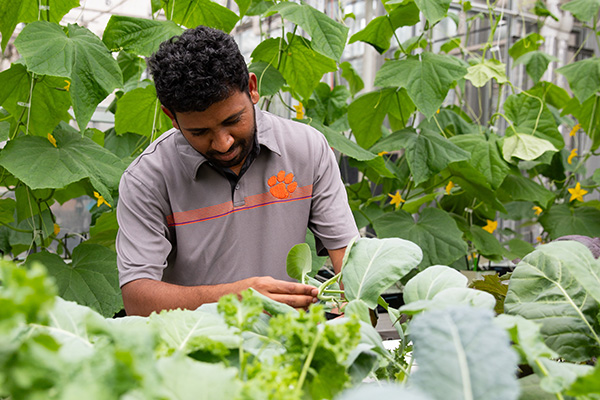
Animal and Veterinary Sciences
Master's and doctorate students will be provided the most current ideas and concepts in animal sciences both in the classroom and the laboratory. Their educational and research experiences will show them the many facets of animal nutrition, physiology, microbiology, genetics and meat science. Applicants to the AVS programs should have a strong background in the animal, biological and physical sciences.
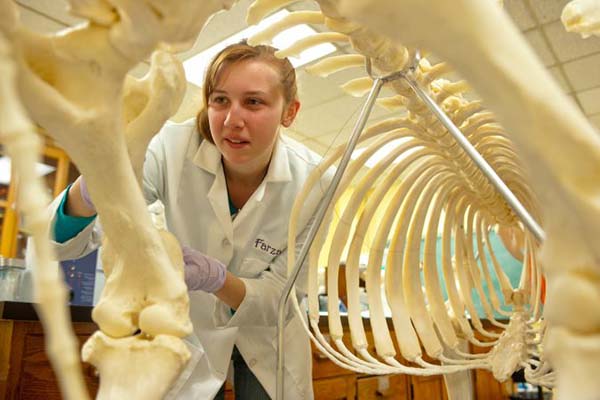
Food, Nutrition, and Packaging Sciences
The Food, Nutrition and Packaging Sciences Program offers master’s degrees in Food, Nutrition and Culinary Sciences and Packaging Science, as well as a doctorate in Packaging Sciences. Areas of specialization for students in the FNPS Program include: Food Microbiology, Food Chemistry, Food Product Development, Food Engineering, Human Nutrition, Food Packaging, Packaging Materials, Packaging Design, Packaging Dynamics and Packaging Logistics.
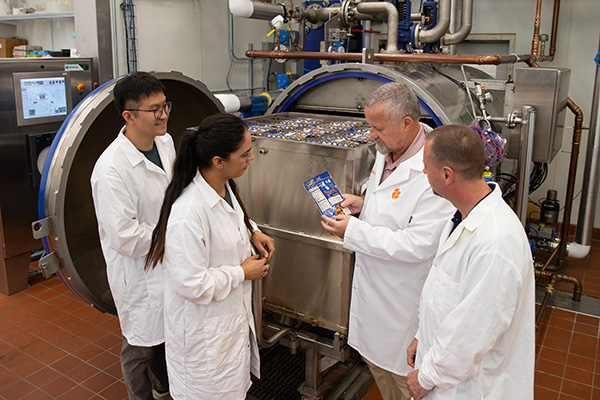
Forestry and Environmental Conservation
Graduate degrees can be obtained in Forest Resources and Wildlife and Fisheries Biology. The Forest Resources program offers Master of Forest Resources, Master of Science and Doctor of Philosophy degrees. Students will be equipped for such careers as Forest Ecology, Forest Health, Forest Economics, Wood Products and Silviculture. The Wildlife and Fisheries Biology Program offers Master of Wildlife and Fisheries Resources, Master of Science and Doctor of Philosophy degrees. Students can specialize in such areas as Wildlife Ecology, Conservation Biology, Fish Ecology and Management, Population Analysis and Landscape Ecology.
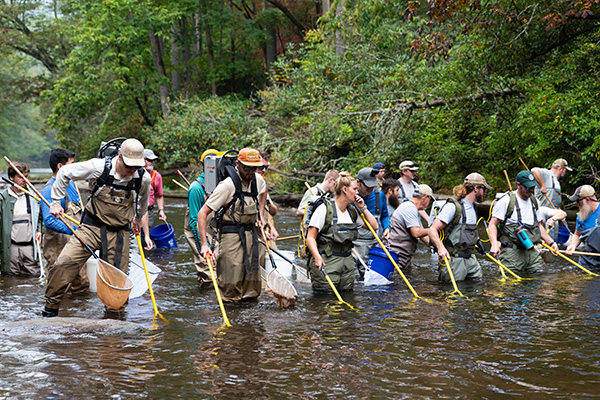
Plant and Environmental Sciences
Students can obtain degrees in Entomology and Plant and Environmental Sciences. Entomology students will be prepared for careers in academia, industry and extension, and will be able to show their expertise in arthropod identification, ecology, physiology and biodiversity, as well as modern methods of pest management. Plant and Environmental Sciences students will be educated in plant systems and the various factors that affect plant performance and crop productivity. Not only will they graduate with an understanding of fundamental and applied concepts in plant and environmental sciences, but they will be knowledgeable of plant biology and plant interactions with other organisms at the molecular, cellular, whole plant and ecosystem level.
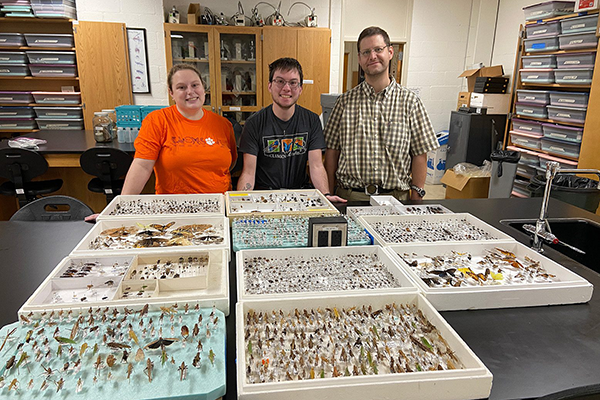
Experiment Station
CAFLS professors conduct their research in campus laboratories and facilities, and at our six Research and Education Centers (RECs) strategically located throughout the state according to the state's distinct soil and climate regions.
Centers & Institutes
CAFLS has a breadth of opportunities for research among the varied centers and institutes on campus, around the state and with collaborating landowners in SC and beyond.
Experimental Forest
The Clemson Experimental Forest is a well-managed, self-sustaining, ecologically healthy, living laboratory, classroom and recreational resource for the benefit of the university, commerce and citizenry of South Carolina.
